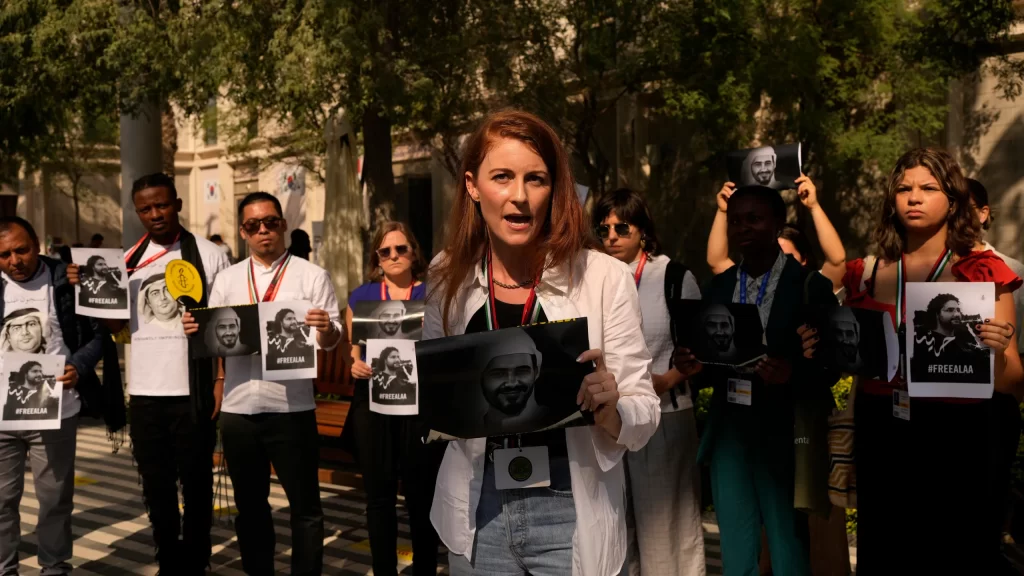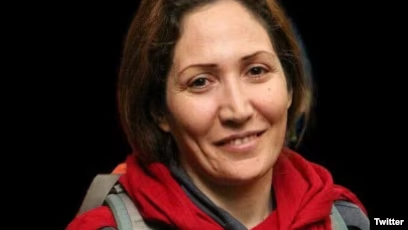In a high-profile mass trial, the United Arab Emirates sentenced 43 individuals to life imprisonment on Wednesday, while several other defendants received lengthy prison terms. This case has drawn sharp criticism from human rights organizations and activists globally, who argue that it represents a crackdown on dissent.
The Abu Dhabi Federal Court of Appeal handed down the sentences in a case that the UAE government described as involving the Muslim Brotherhood, a pan-Islamic organization designated as a terrorist group by the Emirates. Activists, however, contend that the trial was politically motivated, targeting dissidents, and noted that it coincided with protests at the United Nations COP28 climate talks held in Dubai in November.

The state-run WAM news agency reported the verdicts following the announcement by human rights activists that the sentences had been issued. Among those sentenced, five received 15-year terms, and five others were handed 10-year terms. Additionally, 24 defendants had their cases dismissed, WAM reported.
The court’s ruling stated that those convicted “have worked to create and replicate violent events in the country, similar to what has occurred in other Arab states—including protests and clashes between security forces and protesting crowds—that led to deaths and injuries and to the destruction of facilities, as well as the consequent spread of panic and terror among people,” according to WAM.
Despite these assertions, WAM did not specify the evidence that the court used to link the convicted individuals to violence or the Muslim Brotherhood. This lack of transparency has fueled further criticism from international observers and human rights organizations.

The verdict, which is subject to appeal to the UAE’s Federal Supreme Court, has been condemned by several human rights advocates. Joey Shea, a researcher with the UAE branch of Human Rights Watch, remarked, “These over-the-top long sentences make a mockery of justice and are another nail in the coffin for the UAE’s nascent civil society. The UAE has dragged scores of its most respected human rights defenders and civil society members through a prolonged farcical trial riddled with due process violations and torture allegations.”
Anwar Gargash, a senior UAE diplomat, defended the court’s decision, stating that the country must protect itself from violent extremism and that the judiciary’s independence is paramount. However, Gargash did not address the specific allegations of due process violations or the claims of torture made by the defendants.

Internationally, the verdict has been met with significant backlash. Human rights organizations are calling for increased scrutiny of the UAE’s judicial practices and for the immediate release of all political prisoners. The trial’s outcome is likely to strain the UAE’s relations with Western nations, many of which have voiced concerns over human rights abuses in the region.
The UAE’s stance on the Muslim Brotherhood, coupled with its broader campaign against perceived political threats, continues to spark debates about the balance between national security and human rights. As the appeals process unfolds, the international community will be closely monitoring the developments, with many hoping for a reassessment of the harsh sentences and an improvement in the UAE’s judicial transparency.
The Associated Press



